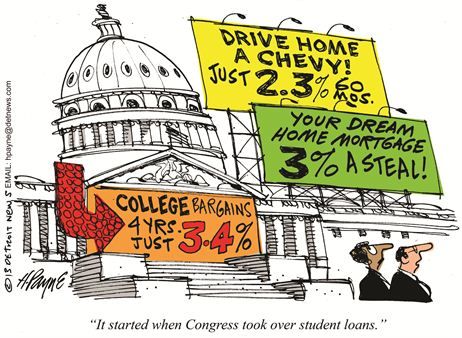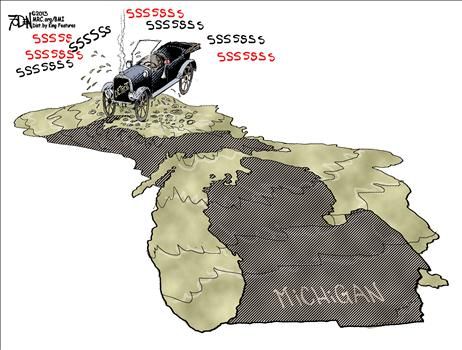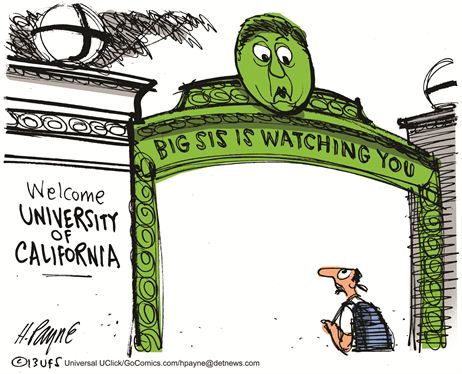Daniel Chong, the California college student who nearly died after DEA agents put him in a holding cell in 2012 and then forgot about him for four days, will receive a $4.1 million settlement from the U.S. Government, according to the Associated Press. The AP also reports that “no one has yet been disciplined for the April 2012 incident and no criminal charges will be filed.”
Chong was arrested in April 2012 at a 4/20 party, and put in a DEA holding cell. In May 2012 NBC interviewed Chong about his experience:
In his desperation, he said he was forced to drink his own urine.
“I had to do what I had to do to survive….I hallucinated by the third day,” Chong said. “I was completely insane.”
Chong said he lost roughly 15 pounds during the time he was alone. His lawyer confirmed that Chong ingested a powdery substance found inside the cell. Later testing revealed the substance was methamphetamine.
After days of being ignored, Chong said he tried to take his own life by breaking the glass from his spectacles with his teeth and then carving “Sorry mom,” on his wrists. He said nurses also found pieces of glass in his throat, which led him to believe he ingested the pieces purposefully.
Chong said he could hear DEA employees and people in neighboring cells. He screamed to let them know he was there, but no one replied. He kicked the door, but no one came to get him.
By the time DEA officers found Chong in his cell Wednesday morning Chong was completely incoherent, said Iredale.
“I didn’t think I would come out,” Chong said.
The AP also reports that DOJ Inspector General is investigating Chong’s case.
——-
Click below for more over at Reason.com
http://reason.com/blog/2013/07/30/california-student-who-had-to-drink-his













